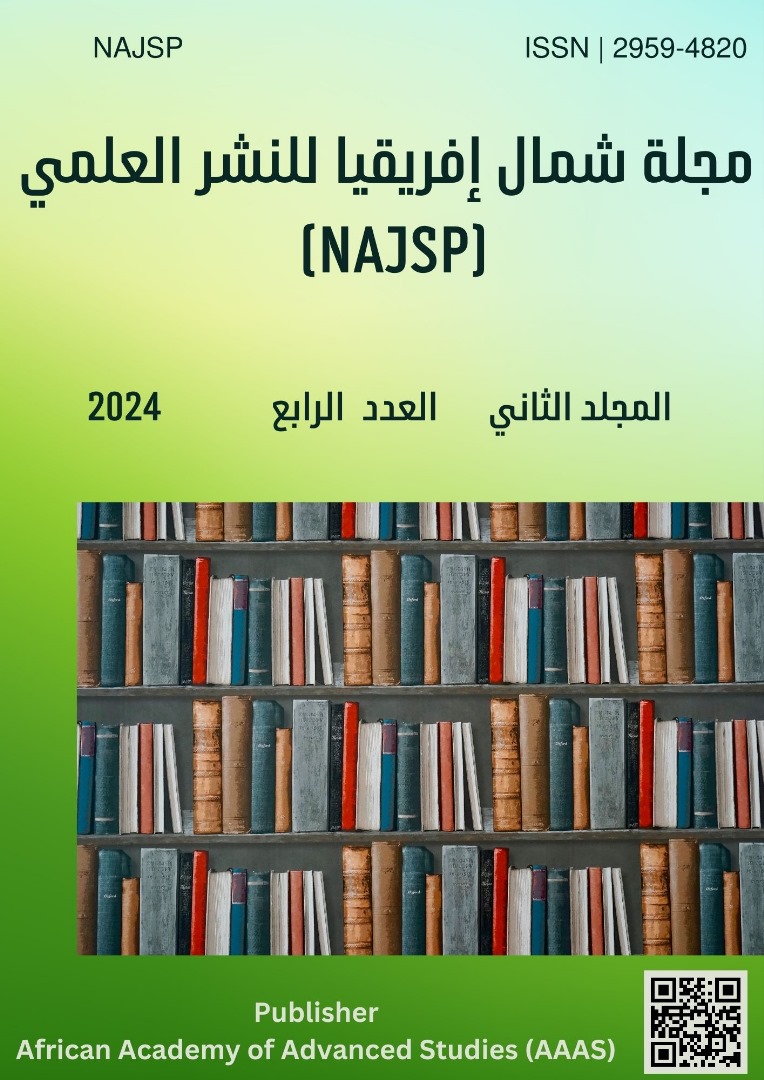Evaluation of the Psychiatric and Addictive Medications Prevalence in Urine of Patients at Benghazi Mental Health Institutions-Libya
DOI:
https://doi.org/10.65414/najsp.v2i4.309الكلمات المفتاحية:
THC and Cocaine، Benzodiazepine، Methadone، TCA، TRMA and Barbiturateالملخص
Drug addiction has emerged as a significant public health concern, with treatment strategies contingent upon the specific substance used and any coexisting medical or mental health conditions. Diagnostic evaluations, including blood, urine, or other laboratory tests, are commonly employed to assess the use of narcotics and psychiatric medications. These assessments play a crucial role in monitoring both treatment efficacy and patient recovery. The present study aimed to investigate the prevalence of psychiatric and addictive substances detected in the urine of patients undergoing treatment, with a particular focus on gender differences, timing of urine drug testing, hospital departments involved, and patient admission rates. The research was conducted at the Hospital for Psychiatric and Neurological Diseases in Benghazi, Libya. Data were extracted from medical records of 1,897 hospitalized patients over the period from March 2022 to September 2023. The study involved a comprehensive statistical analysis of substances identified in urine drug testing, including amphetamines, tetrahydrocannabinol (THC), cocaine, benzodiazepines, methadone, tricyclic antidepressants (TCA), proteolytic enzyme complex (TRMA), and barbiturates.
التنزيلات
منشور
كيفية الاقتباس
إصدار
القسم
الرخصة
الحقوق الفكرية (c) 2024 Hanan Saad Elsharia, Reem A. Masoud

هذا العمل مرخص بموجب Creative Commons Attribution 4.0 International License.







